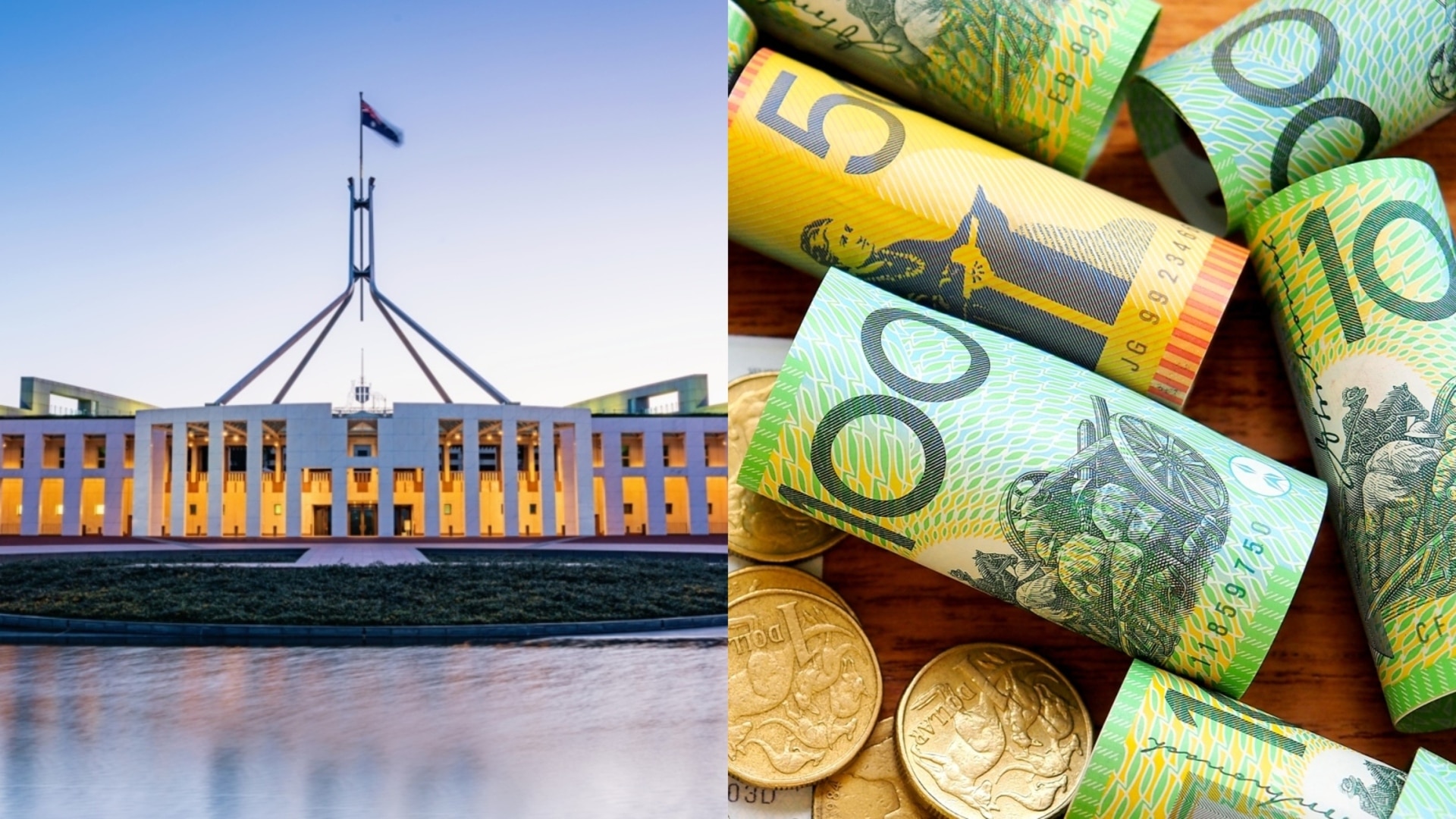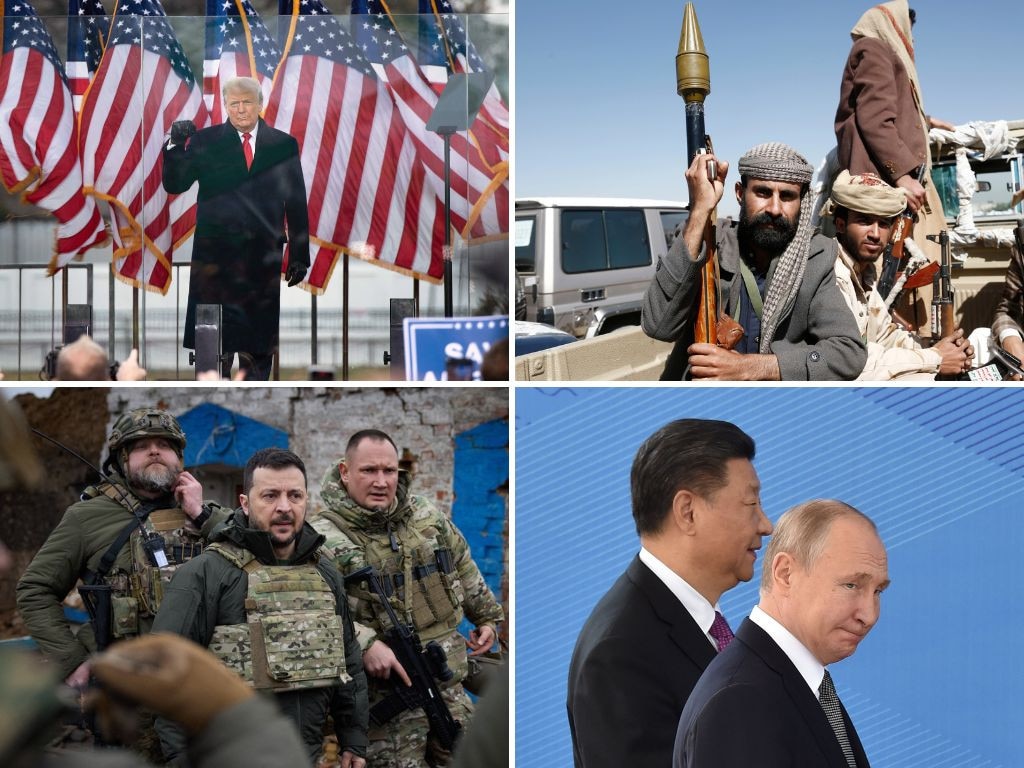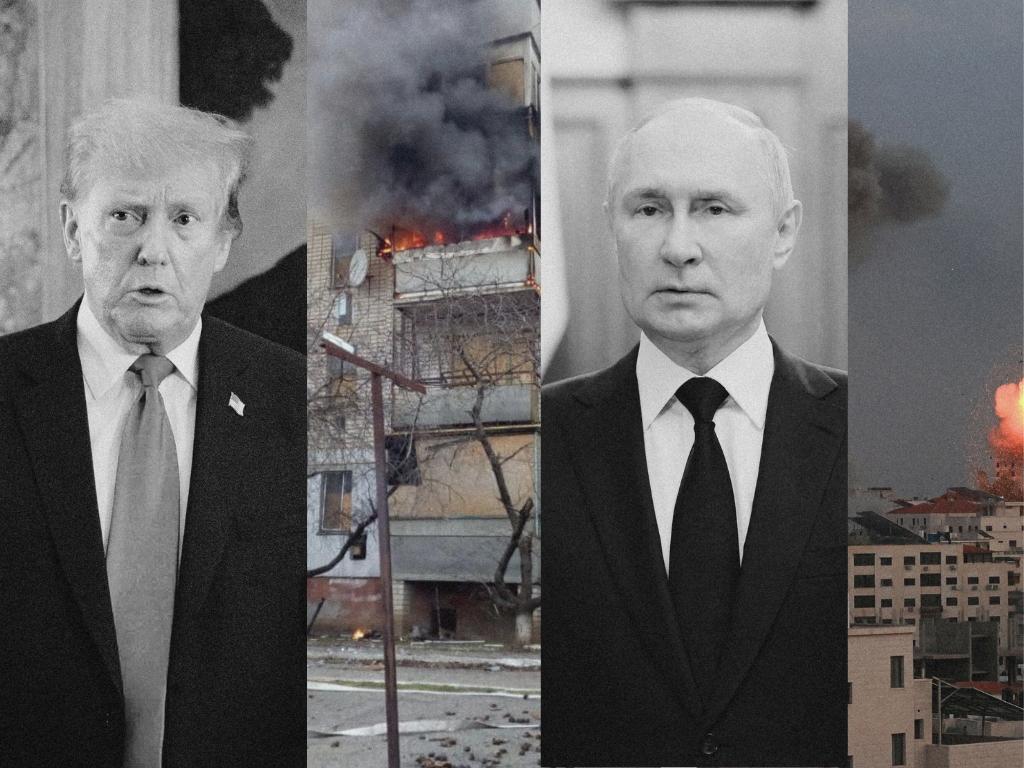Regional security pact in our hands, Mike Pezzullo tells Anthony Albanese
Anthony Albanese has been urged to offer a pledge of solidarity to Asian and Pacific nations that would see Australia stand with them ‘in the face of Chinese aggression and coercion’.

Anthony Albanese should move quickly to offer a pledge of solidarity to Asian and Pacific nations that would see Australia stand with them “in the face of Chinese aggression and coercion” and help boost collective security in the region.
The proposal comes from former Home Affairs Department secretary Mike Pezzullo, who says the pledge would not involve “the agreeing of a military alliance with Australia, although in some cases that might be considered as well and especially so in the case of Indonesia”.
Writing in Inquirer, Mr Pezzullo said Australia should leverage the regional perception it had sided with America in the great-power struggle between Washington and Beijing to work with nations that were “not keen to see China emerge as a hegemon”.
“Specifically, Australia would pledge that were Chinese grey-zone aggression and coercion to occur in relation to the territorial integrity or national sovereignty of a neighbour, we would consult immediately with them on the best ways in which assistance might be provided,” he said.
Assistance could come in the form of diplomatic, economic, technical, intelligence and material support and – subject to there being in place a military alliance between nations – could also involve defence assistance.
“In making this pledge, and by not taking the easy road of cowering in our sheltered land, relieved that the dragon was breathing fire on someone else, Australia would be undertaking its most significant independent strategic initiative in the region,” Mr Pezzullo said.
If the government pursued this course, Australia would give greater force to its commitment to a free and open Indo-Pacific. Mr Pezzullo said it would “not be seeking security from Asia – but seeking it in Asia”.
Such an approach would build on the work already taken by the Albanese government but sharpen Australia’s strategic outlook and seek to lock in the broader region behind it. It would also remove the ability of Canberra to hedge its bets over Beijing’s future plans to tighten its influence over the region.
“The pledge would remove from the table the possibility that Australia might sit back and calculate the advantages for itself in silently acquiescing in, or even tacitly condoning, Chinese aggression and coercion against our neighbours,” Mr Pezzullo said.
The proposal comes at a key moment in global affairs less than two weeks before the inauguration of Donald Trump, who has vowed to take a different approach to conflicts raging in Eastern Europe and the Middle East.

Concerns have already been raised about the president-elect’s foreign policy priorities after this week not ruling out the use of economic and military force to acquire Greenland and the Panama Canal, and convert Canada to the 51st US state.
Highlighting the tendency for major events in global affairs to unfold rapidly, Mr Pezzullo said efforts should begin immediately behind the scenes to extend the solidarity proposal to a range of nations.
He said the pledge of solidarity should be made to Indonesia, Malaysia, The Philippines, Singapore, Thailand, Vietnam, Laos, Cambodia and Brunei in Southeast Asia. Nations farther afield should also be approached such as Japan, South Korea, India, Sri Lanka, Maldives, New Zealand and East Timor, as well as the nations of the Pacific Islands Forum and “possibly others in the Indo-Pacific region”.
“In a carefully couched and suitably adapted form that recognised current Australian policy on its status, the pledge even could be extended to Taiwan,” Mr Pezzullo said.
While attempts to enlist most of Australia’s neighbours into an anti-China coalition would not work, Mr Pezzullo said “no one in the region believes that Australia is seriously trying to navigate US-China strategic competition”.
“Most believe Australia has already made its choice without being vocal about it. Australia’s presumed choice can be seen in our longstanding alliance with the US,” he said.
“That certainty regarding Australian policy is credit in the strategic bank. We should leverage that credit. Instead of sliding and hedging, our message in the capitals of Asia and the Pacific should be a confident one of strategic solidarity.”
Mr Pezzullo told The Weekend Australian the solidarity pledge “could be discussed, negotiated and agreed with our neighbours, and promulgated in a formal communique after it was agreed at head of government level”. He added that with “appropriate prior notification to allies and partners and neighbours, this should be announced by the Prime Minister as Australia’s new policy on security in Asia”.
The wording of any communique and the form of assistance Australia could provide would be worked out with individual nations, and Mr Pezzullo said that if successful, it would make Beijing’s calculations “vastly more complicated”.
“A more resilient region that was better able to withstand Chinese aggression and coercion, preferably through a web of mutual pledges of solidarity, would make for a more secure Australia,” he said.






To join the conversation, please log in. Don't have an account? Register
Join the conversation, you are commenting as Logout